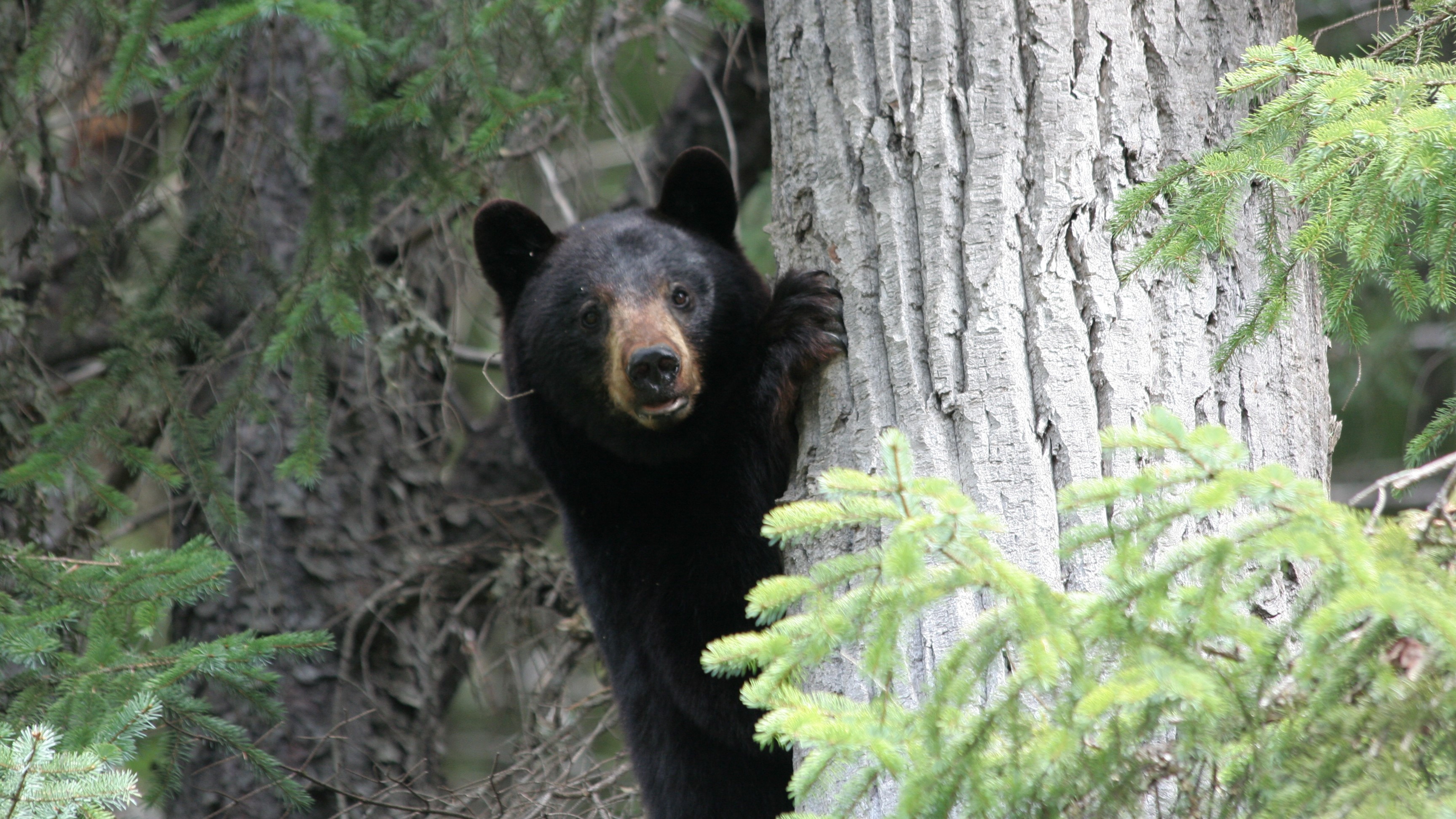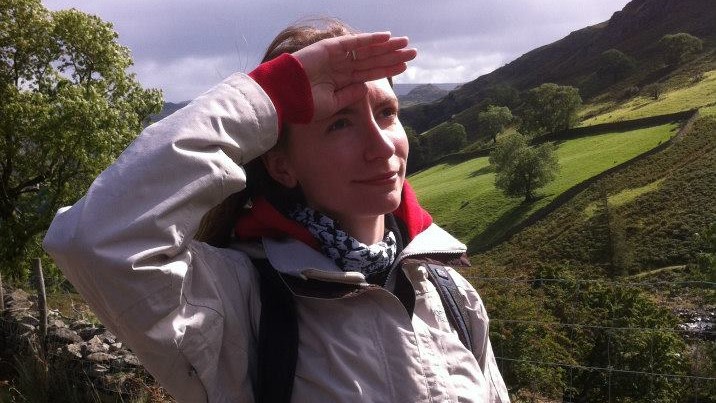
A bear trekked 1,000 miles back to its favorite campsite after she was relocated in an attempt to break her habit of stealing food and backpacks. Black bears are resourceful and determined scavengers, and will go to great lengths to secure a meal, but this animal's journey across four states is believed to be a record.
As first reported by local news station WBIR-TV, the bear came to the attention of rangers at Great Smoky Mountains National Park when visitors reported her taking food and sniffing garbage at a popular campsite.
Returning to the same spot suggested that she had become food conditioned, meaning she was starting to see people and their settlements as an easy way to get a meal. This is dangerous for both animals and people, as it increases the risks of an encounter that could lead to a human being injured, and a bear being euthanized.
Rangers decided to take action early, and the animal (known as Bear 609) was captured, tagged with a GPS tracker, and released around 1,000 miles away in South Cherokee National Forest, Georgia. Wildlife crews then watched in amazement as the tracker showed Bear 609 making her way across Georgia, South Carolina, North Carolina, and back into Tennessee, all the way back to her favorite campsite.
Home within a month
According to the Get Bear Smart Society, relocation is not a silver bullet for handling food-conditioned and habituated bears, which have lost their natural wariness of humans.
"Although it seems to be favoured by bear control agencies and the general public, current research suggests that adult bears almost always return to their former ranges and generally do so within a month, regardless of the distance they are moved," says the society.
Relocation works best with young male bears, which seem more willing to settle down in their new home. Bears under four years old haven't yet established a home range. Young females may also be successfully relocated, but seem to have a stronger homing sense.
Advnture Newsletter
All the latest inspiration, tips and guides to help you plan your next Advnture!
The society suggests that relocation may work better if there is a physical barrier such as a mountain range in between the new site and the bear's original location. Wildlife managers can also use the time it takes the bear to travel to remove the attractants that made the original site so appealing.
- Best binoculars: enjoy bears and other wildlife from a safe distance

Cat is the editor of Advnture, She’s been a journalist for 15 years, and was fitness and wellbeing editor on TechRadar before joining the Advnture team in 2022. She’s a UK Athletics qualified run leader, and in her spare time enjoys nothing more than lacing up her shoes and hitting the roads and trails (the muddier, the better), usually wearing at least two sports watches.
